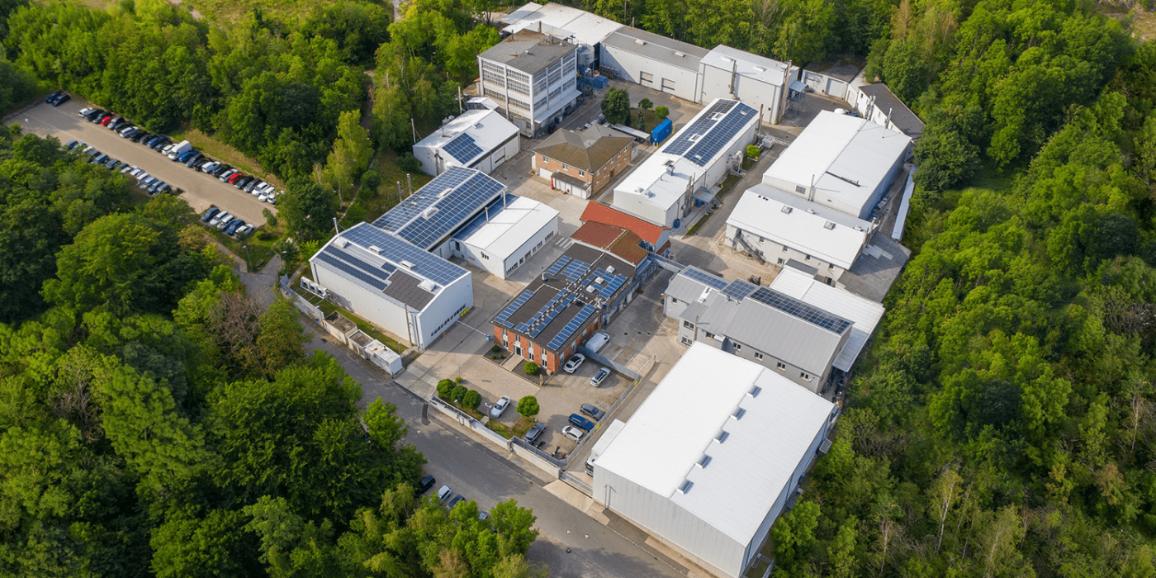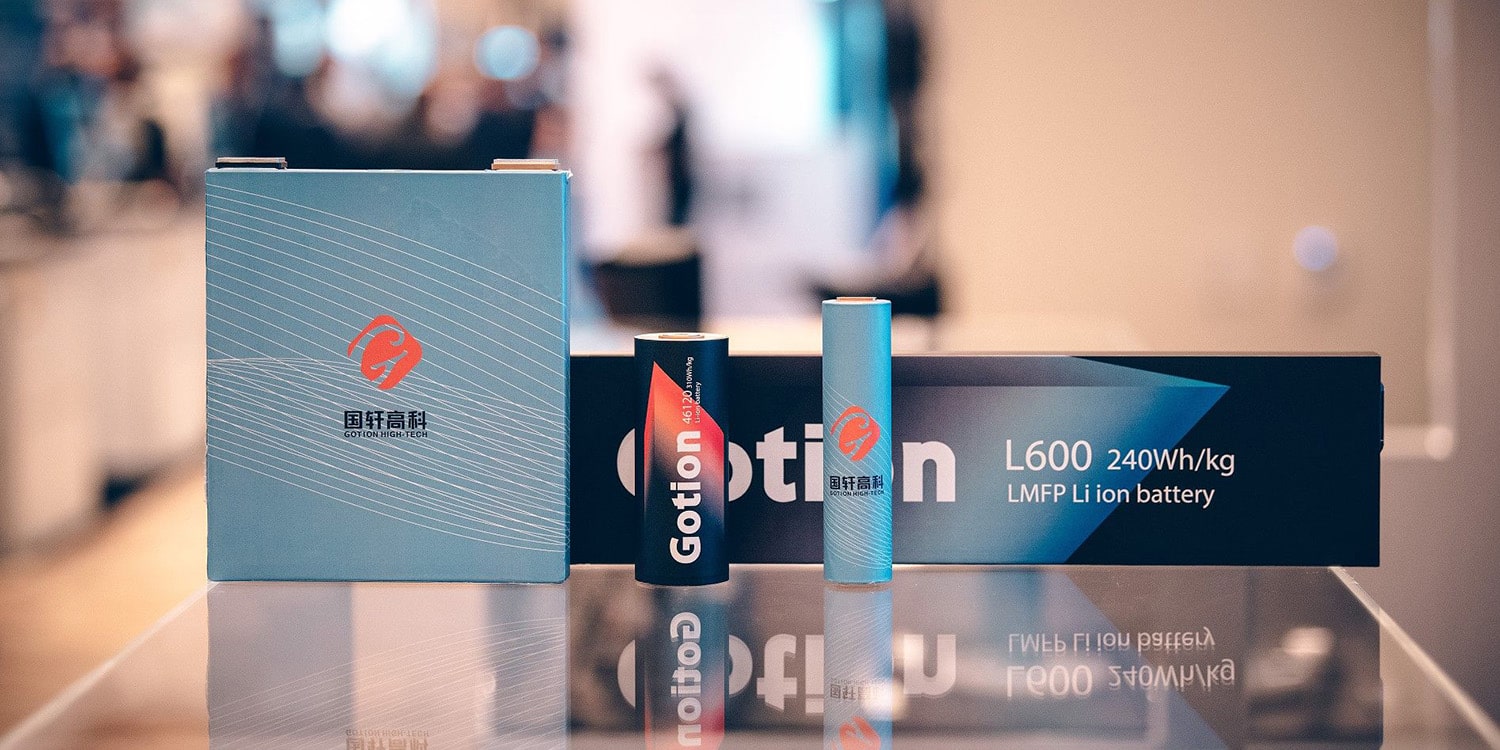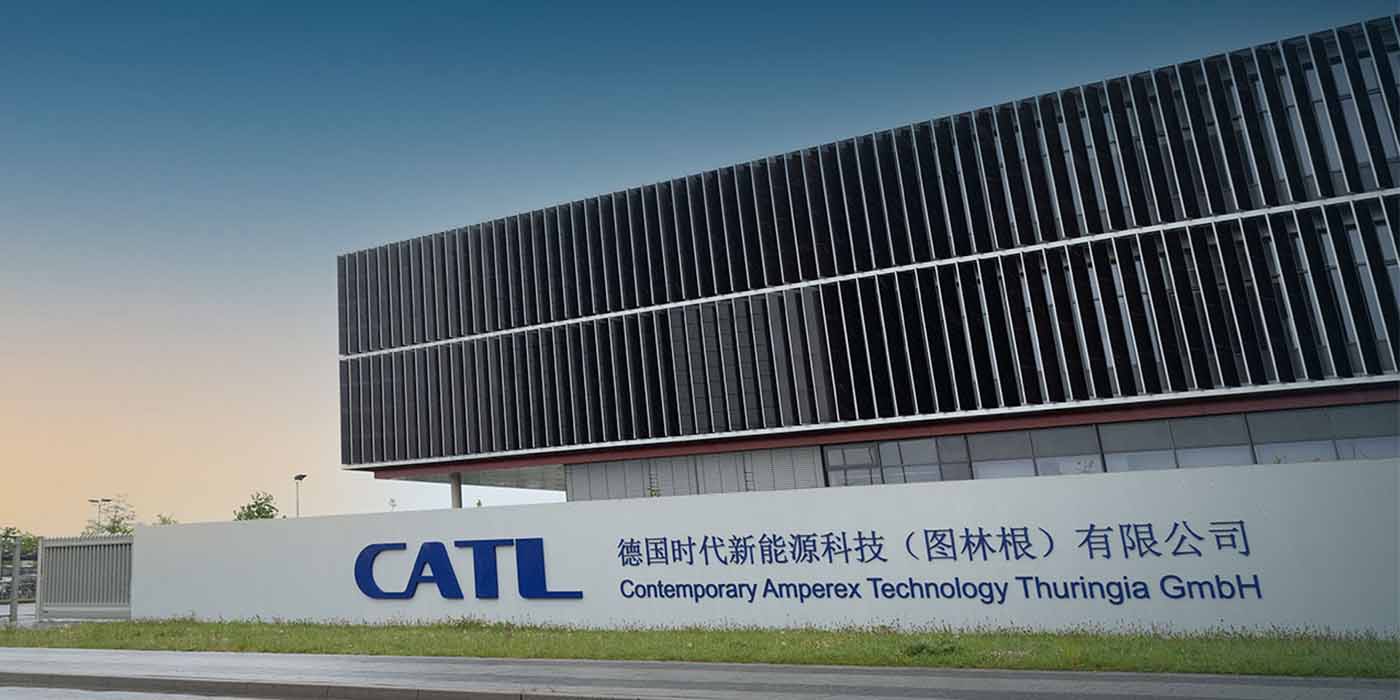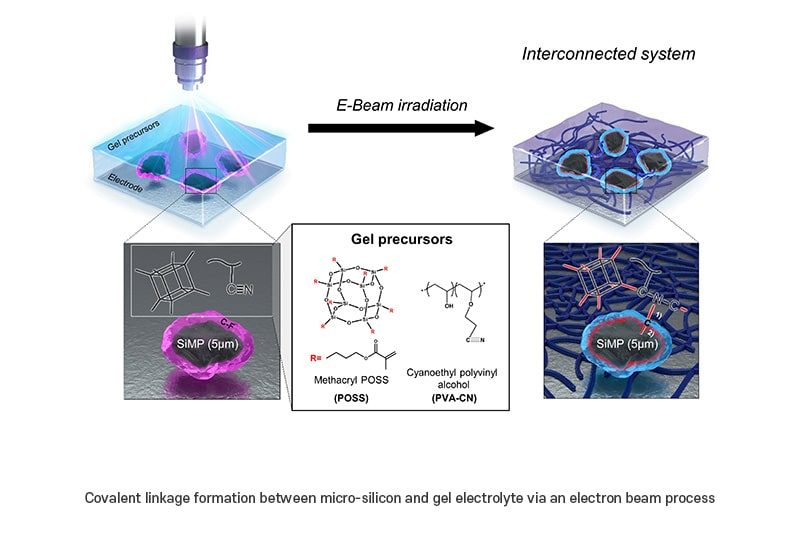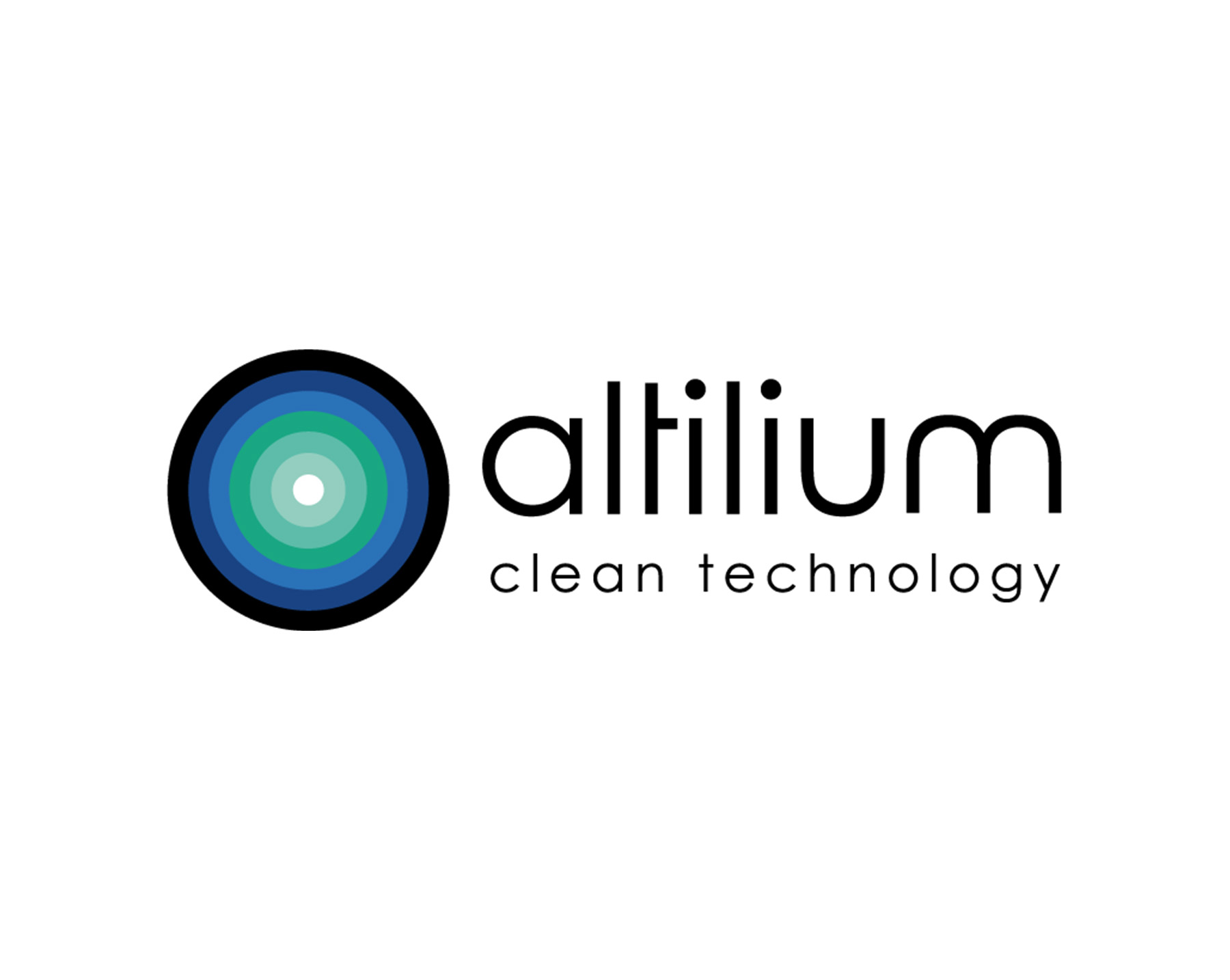IBU-Tec Advanced Materials, a German company known for its LFP battery material, has made significant progress in developing sodium-ion batteries, particularly in scaling up production to larger volumes. The company is also involved in a project to develop sodium batteries for industrial trucks.
The latest development from IBU-Tec is a new cathode active material called IBUvolt NMO, based on sodium manganese oxide (NMO). This material is intended for use in smaller electric vehicles, such as those used in city center traffic, as well as in stationary energy storage systems.
See also: IBU-Tec Advanced Materials Signs Contract with Global Automotive Group for LFP Battery Material
IBU-Tec has successfully completed the development and production start-up of the NMO cathode active material and is now focused on further scaling up production beyond the 100 kg scale.
In another research project, IBU-Tec is collaborating with industrial partners to develop a cathode active material based on sodium iron phosphate (NEP) for use in electric industrial trucks. The aim is to replace lead-acid batteries with sodium-ion batteries in the long term. The project, funded by the Federal Ministry of Education and Research, aims to produce active material on a scale of 20 to 50 kilograms.
Jörg Leinenbach, CEO of IBU-Tec, expressed pride in working with strong partners on innovative next-generation batteries, noting that sodium batteries offer good growth opportunities for the company as they are cheaper and more environmentally friendly than other batteries.
See also: IBU-Tec Launches IBUvolt Battery Materials to Grow Presence in Battery Market
IBU-Tec has also developed a two-stage process for the production of sodium cathode active material, which is expected to be more energy-efficient than current methods. Sodium-ion batteries are considered to be cheaper and more environmentally friendly than lithium-ion batteries, as sodium and manganese are abundant and can be extracted from readily available sources.
IBU-Tec’s focus on sodium-ion batteries reflects its broader strategy of positioning itself as a leader in innovative battery technologies, further establishing its presence in the growing battery materials market.

